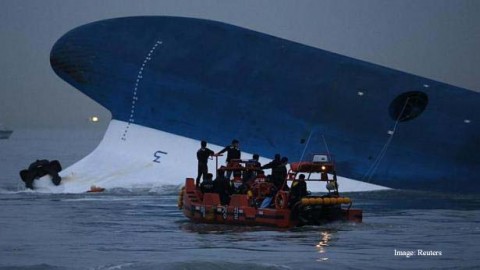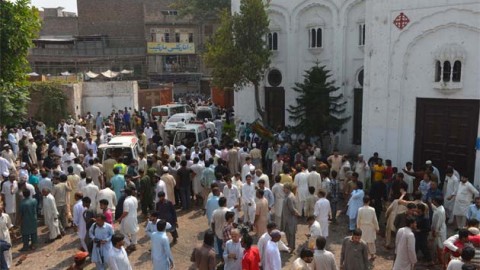In the latest developments that surface, the nation of Germany is all set to introduce some temporary controls on the border that it shares with Austria, to cope with the influx of migrants, the interior minister has stated.
Thomas de Maiziere stated that the refugees could “not choose” their host countries and called on other EU states to do more. Trains travelling between the two nations, Germany and Austria, have been suspended for 12 hours.
Germany’s vice-chancellor has said the country is “at the limit of its capabilities” as more than 13,000 migrants arrived in Munich on Saturday. Germany expects 800,000 migrants to arrive this year. “The aim of these measures is to limit the current inflows to Germany and to return to orderly procedures when people enter the country,” Mr de Maiziere told a news conference.
He gave no details. The move goes against the principle of the Schengen Zone, which allows free movement between many European countries. However, the agreement does allow for temporary suspensions. Germany’s rail service Deutsche Bahn said train services with Austria would be stopped until 03:00GMT on Monday.
Politically this is a shrewd move by Thomas de Maiziere. His announcement comes just a day before he travels to Brussels to meet other EU interior ministers to discuss the migrant crisis. The measure will help him put pressure on other European countries to do their bit. It highlights just how much Germany is struggling to cope.
The move could also successfully serve as a useful threat; after all, Mr de Maiziere said Germany was controlling the border with Austria “first”, the implication being more could follow. The possibility that Germany might suddenly decide to control its other borders could well help jolt EU partners into action.
For migrants, the announcement means Germany is not pursuing an open-door policy. After weeks of confusion, Berlin is now sending out the clear message that the Dublin Regulation does still hold, meaning that people have to apply for asylum in the first EU country they arrive in. After that, if Berlin gets its way, they will then be sent elsewhere in Europe according to a strict quota system.
Many migrants have been refusing to register in countries such as Greece or Hungary, for the fear that it will stop them being granted asylum in Germany or other European Union (EU) states.
Tags: EU Europe Migrant Crisis Germany Migrant crisis Migrant issue








